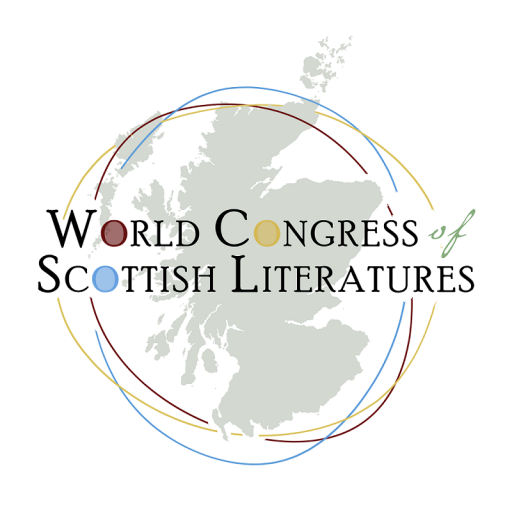Renaissance and Erasure: Women Writers in the Scottish and Harlem Renaissances
This paper explores the fate of women writers in the Scottish and Harlem Renaissances, showing how in both cases the concept of a literary and cultural rebirth worked to erase the presence of women writers. The Scottish and Harlem Renaissances shared several features in common. Both of these movements, which flourished between World Wars I and II, were led by a core of elite male intellectuals. Both borrowed from but remained on the margins of mainstream Anglo-American modernism. Both movements sought to employ vernacular languages in new ways and to revive and reinvent cultural traditions, but they largely eschewed the militant nationalism to which the Irish Revival gave birth. There were of course significant differences between interwar Scottish and Black American writers. The latter were descended from a people that had been enslaved only two generations previously and had been disenfranchised and discriminated against in ways that are simply not comparable to Scottish disempowerment under a British government. Yet Scots and Black Americans shared a position of literary peripherality or provincialism within the broader literary cultures of Britain and the US. They were in this sense minor literatures within mainstream Anglo-American modernism.
My paper will examine how critical narratives of rebirth or renaissance in both Scottish and Black American literary traditions are predicated on the exclusion of women writers. Taking Jessie Redmon Faussett and Nella Larsen as representative of Black American women writers and Catherine Carswell and O. Douglas as representative of Scottish women writers, I will argue that Black American and Scottish women writers were more interested in exploring class distinctions and gendered forms of experience than in the cultural nationalisms that have defined the Harlem and Scottish Renaissances. And I will ask how our understanding of literary history changes if we include these women writers in our narratives.
Juliet Shields, Northumbria University
